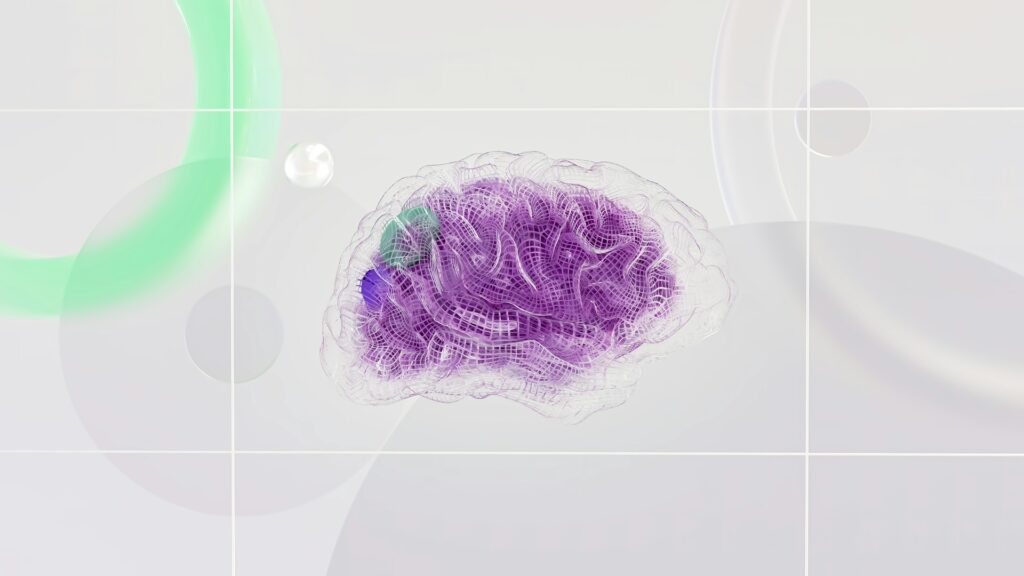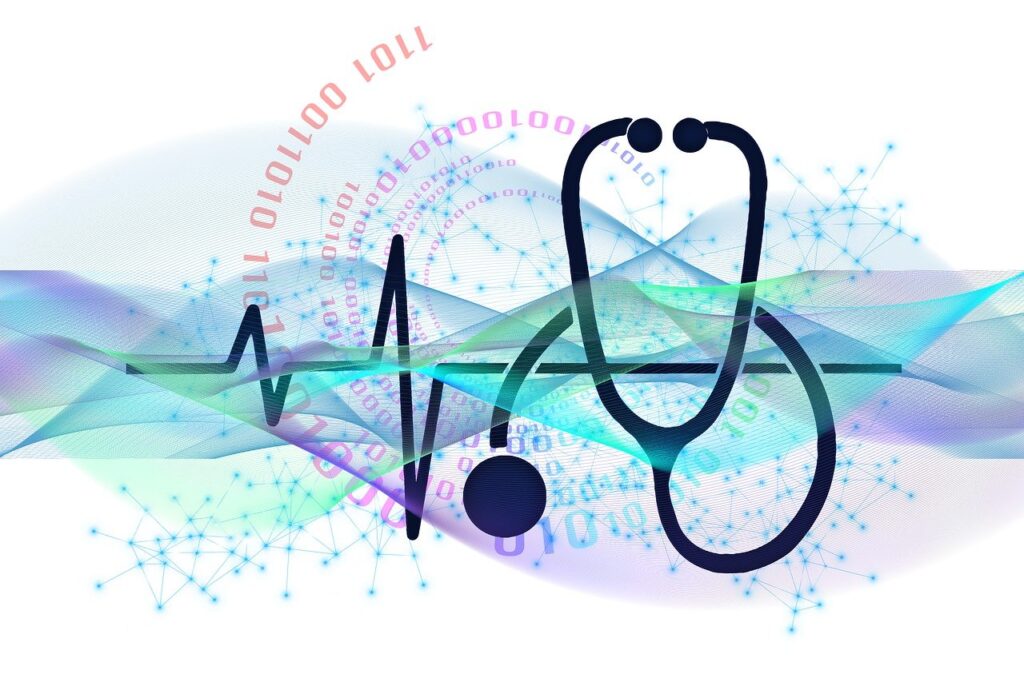Microsoft has entered a long-term collaboration with healthcare organization Mercy, leveraging GenAI and other digital technologies to give physicians, advanced practice providers and nurses more time to care for patients and improve the patient experience.
Mercy plans to leverage Microsoft Azure OpenAI Service to enhance care in several immediate ways: patients will have the information to better understand their lab results and engage in more informed discussions about their health with their provider through the help of GenAI-assisted communication.
Mercy will apply GenAI when taking patient calls for actions like scheduling appointments. The AI solution will provide recommendations for additional follow-up actions to make sure all patients’ needs are met during a single interaction, limiting the need for follow-up calls.
Additionally, Mercy will also leverage an AI chatbot, which will enable co-workers to quickly find important information about Mercy policies and procedures and locate HR-related answers such as information on benefits or leave requirements.
Microsoft Cloud provides the company with a trusted and comprehensive platform to improve efficiency, connect and govern data, impact patient and co-worker experience, reach new communities and build a foundation for ongoing innovation. By securely centralizing and organizing data in an AI-powered intelligent data platform built on Azure, Mercy would be positioned to deliver on evolving clinician and patient expectations more quickly.
Peter Lee, corporate vice president of research and incubations at Microsoft, said: “With the latest advances in generative AI, this moment marks a true phase change where emerging capabilities can help healthcare organizations address some of their most pressing challenges, create needed efficiency and transform care.
“Mercy has a reputation for ongoing innovation and – through our years working together – has been a leader in the industry in creating an intelligent data platform on which to launch this kind of transformation. This is just the beginning and it’s inspiring to see Mercy’s leadership adopting these tools to empower physicians, providers, nurses and all clinicians to improve patient care.”
Joe Kelly, executive vice president of transformation and business development officer at Mercy, said: “Because of all the investments we have made together with Microsoft in the past few years, including the use of Microsoft’s secure cloud, we are better positioned to perform real-time clinical decision-making that ultimately improves patient care.
“With Microsoft, we are exploring more than four dozen uses of AI and will launch multiple new AI use cases by the middle of next year to transform care and experiences for patients and co-workers. This is predictive, proactive and personalized care at its best.”





